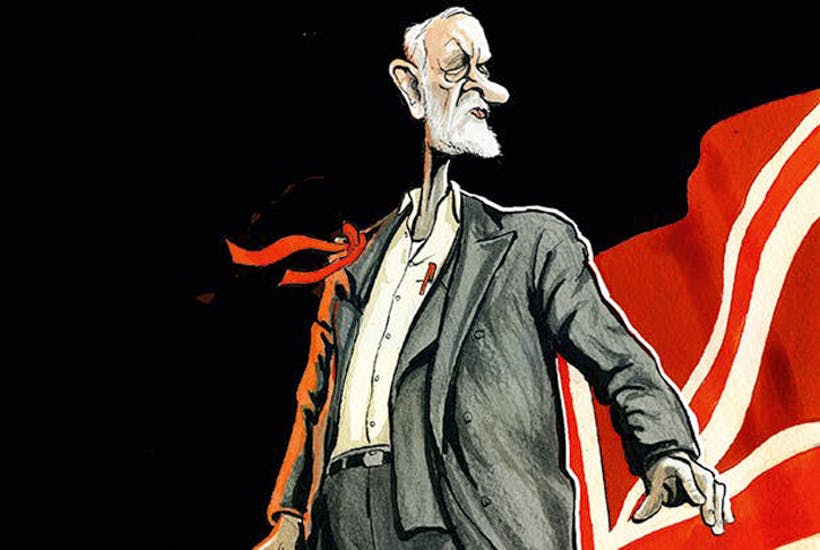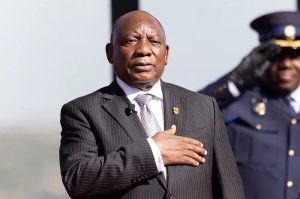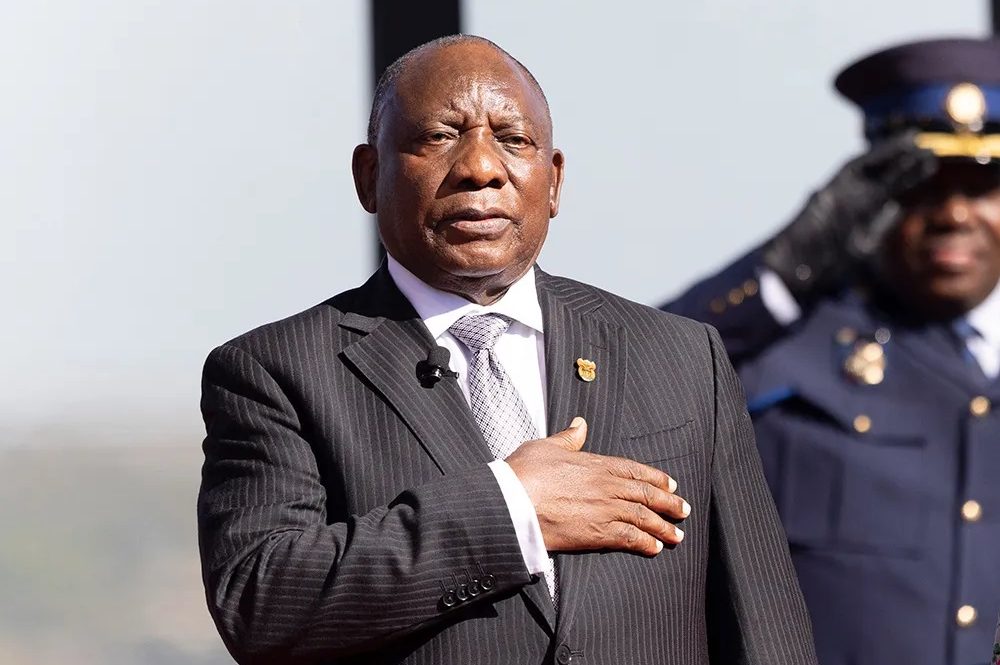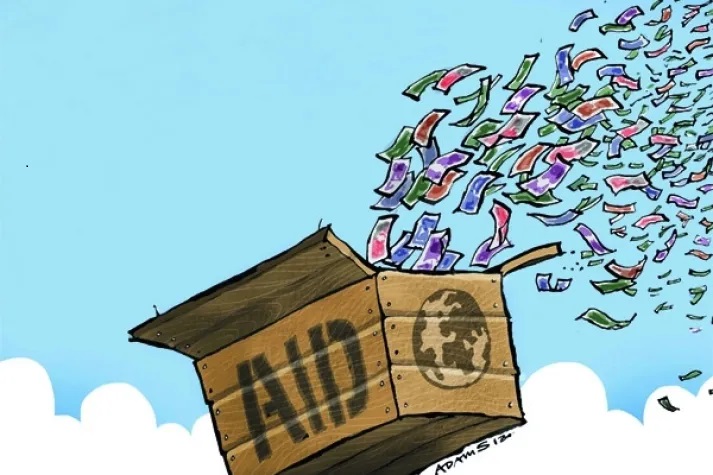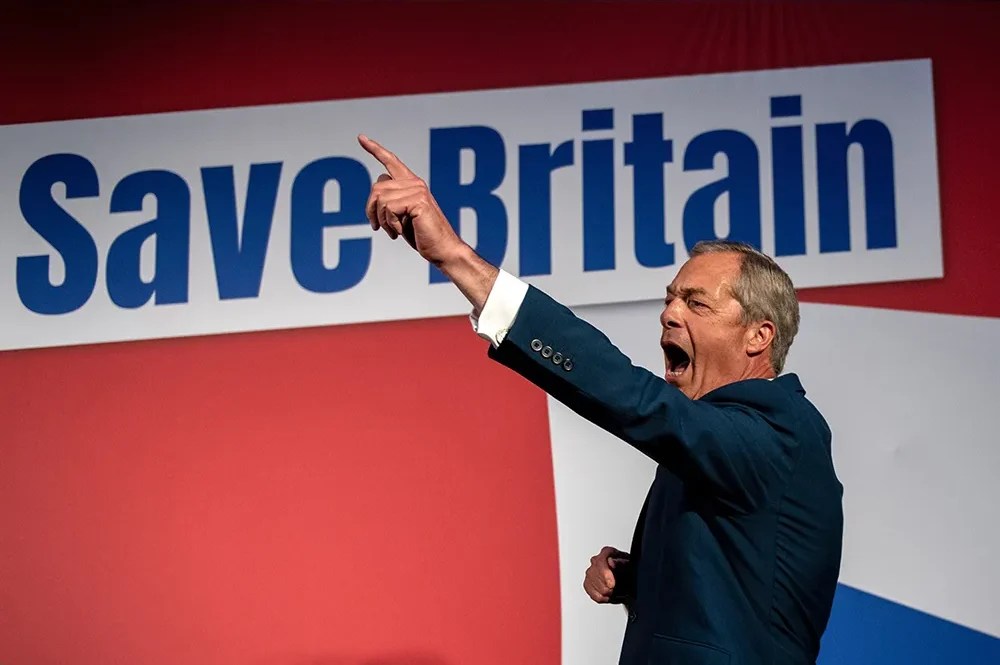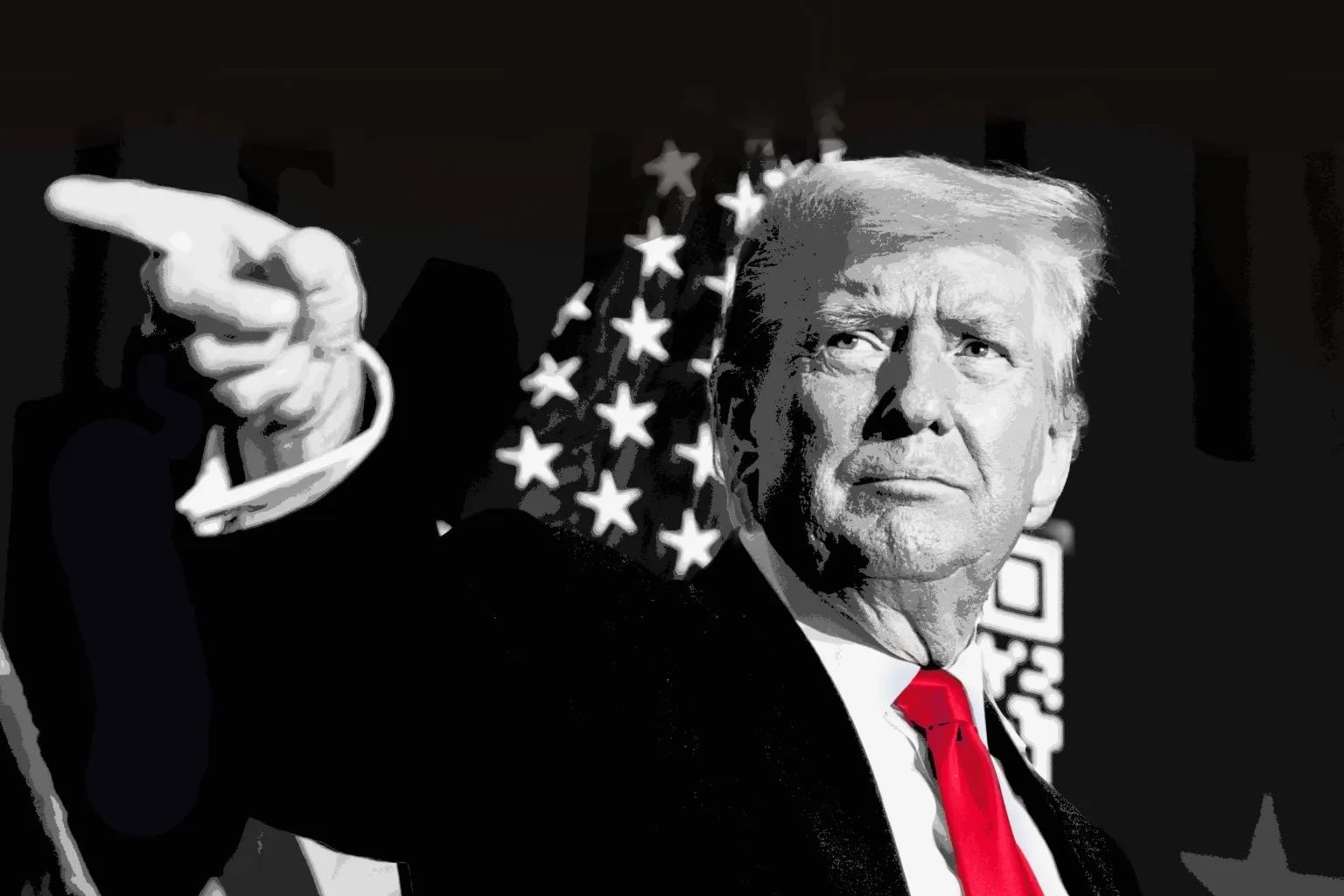This article is in
The Spectator’s December 2019 US edition. Subscribe here.
What have Fidel Castro, Nicolás Maduro, Hamas and the Khomeinist regime in Iran got in common? That the US has not exactly seen eye to eye with them over past years and decades? Well, yes. But there is another thing too: Jeremy Corbyn, the Labour party leader who could soon be the British prime minister, has warmly praised them all. Castro, according to Corbyn on the occasion of the former Cuban leader’s death in 2016, was a ‘champion of social justice’. Corbyn rang in to a Venezuelan TV program in 2014 to praise Maduro, who introduced him as a ‘friend of Venezuela’. Corbyn described Hamas, at an event he had arranged at the British Houses of Parliament, as ‘our friends’. As for the Khomeinists, Corbyn attended a rally they organized in London in 2014 and praised their ‘tolerance and acceptance of other faiths’ traditions and ethnic groupings’. Tell that to the dissidents who have fallen foul of the country’s theocracy.
Here is another question: the president of China and the president of the US have both been treated to state visits to Britain in recent years, and given a state banquet at Buckingham Palace. Which president did Corbyn dress up for in white tie and hold a half-hour private meeting with? And which did Corbyn shun, claiming the man was unfit to share a table with the Queen and high-ranking British government ministers? I hardly feel the need to answer.
Corbyn is occasionally described as a British Bernie Sanders: once a fringe politician who has achieved success very late in life by shifting debate much further to the left than has been the custom in his country. There is a big difference, however. While Sanders has himself sometimes been an apologist for socialist dictators, few would condemn him as unpatriotic or accuse him of systematically cuddling up to the enemies of the West — or even to terror groups threatening his own country. Corbyn has a long history of doing exactly that.
In 1984, the Brighton hotel where Prime Minister Margaret Thatcher and her cabinet were staying for a party conference was blown up by the Irish republican terror group known as the IRA, and five people were killed. Two weeks later Corbyn, then a young MP, invited two IRA volunteers to tea at the House of Commons. He regularly met with Gerry Adams and Martin McGuinness, two leaders of Sinn Féin, the political wing of the IRA, at the height of that organization’s bombing campaign in Northern Ireland and mainland Britain.
Whenever Corbyn is challenged on these matters, his response is the same. He claims that he is only interested in peace and that it is important to talk to your opponents. This would be reasonable enough if Corbyn weren’t so generous with his praise when he meets members of terrorist organizations, and weren’t so picky about whom he does agree to meet. If someone is prepared to meet with Hamas and the IRA because it might bring about peace, you might think he could at least bear to be in the same room as the president of the United States, even if he weren’t on the same political wavelength.
Reading Corbyn is really quite straightforward. He is ready to put in a good word for almost any political leaders, no matter how contemptuous of human rights or violent in their methods, so long as they fit his definition of an enemy of what he sees as the evils of western imperialism. Hence his refusal to attend a banquet for Trump in his capacity of president of the United States. If you are Corbyn, that is the office of Beelzebub himself.
It is easy for a left-wing politician to condemn Trump, but Corbyn was not much warmer towards the Obama administration. In 2016, when Russian forces were colluding with Assad’s brutal offensives against his own people, and protesters gathered outside the Russian embassy in London, a Corbyn aide suggested that they should also condemn ‘other atrocities’ and protest outside the US embassy — effectively trying to establish moral equivalence between Assad’s bombing of his own civilians and the US-led coalition’s offensive against Isis. Again, Corbyn’s get-out clause is that he condemns violence on all sides. Yet he can’t seem to distinguish between a campaign of terror waged by a callous bunch of nihilists and an organized, international military response to such a group.
He takes a similar attitude to economic matters. For the past two years he has opposed the UK’s attempts to strike a deal with the EU if would mean Britain leaving the EU customs union. Remaining in the union would ensure free trade within the EU but preclude Britain from cutting its own deals with other countries. Corbyn, while asserting that free trade with the EU is essential to Britain’s interests, has sharply different views about the prospect of free trade with the US. Over and over he has maintained that a deal with the US will mean Britain’s National Health Service being broken up and sold off to American corporations. He has carried on issuing these warnings despite the absence of any evidence and despite the denials by the UK government and Trump himself. He also rarely fails to mention the danger of Britons being compelled to eat American chlorinated chicken. In Corbyn’s mind, America is always a rapaciously capitalist and malevolent force.
Britain’s oft-described ‘special relationship’ with the US has not always been as special as all that. Obama told Britain that it would ‘be in the back of the queue’ for a trade deal if it voted to leave the EU. (In the event Obama failed to pull off the deal he was negotiating with the EU at the time.) Even Ronald Reagan, who enjoyed a warm relationship with Mrs Thatcher, could be somewhat cool toward Britain. He took an age to respond and offer practical help for the British to reverse the Argentinian invasion of the Falkland Islands in 1982.
Yet in modern times Britain has never had a prime minister who is overtly anti-American, who has treated the visiting US president as a pariah. Quite what that would mean for British-US relations we may be about to find out.
This article is in The Spectator’s December 2019 US edition. Subscribe here.



